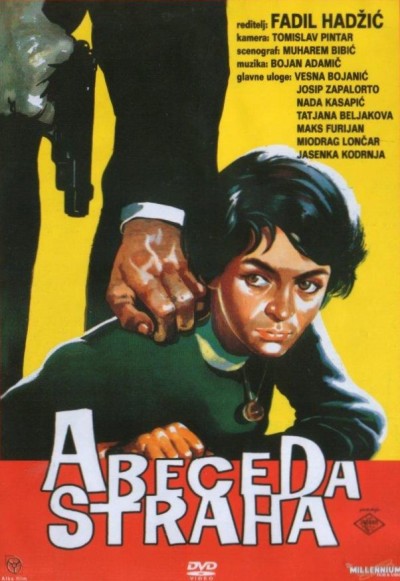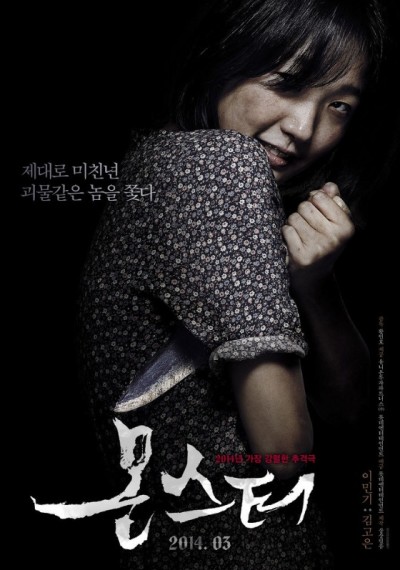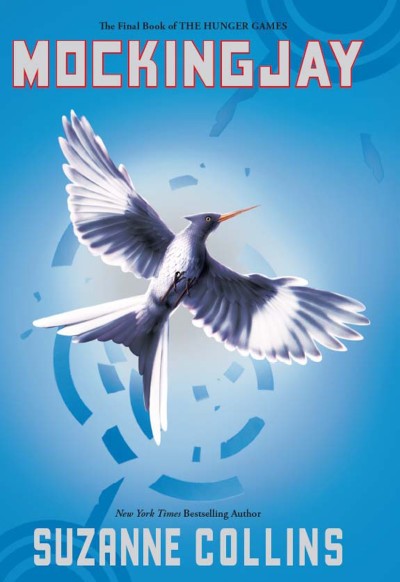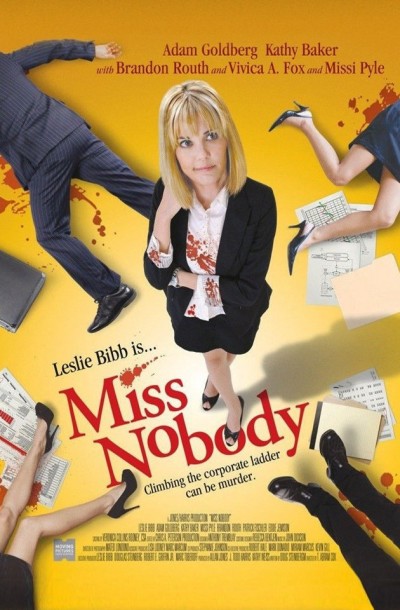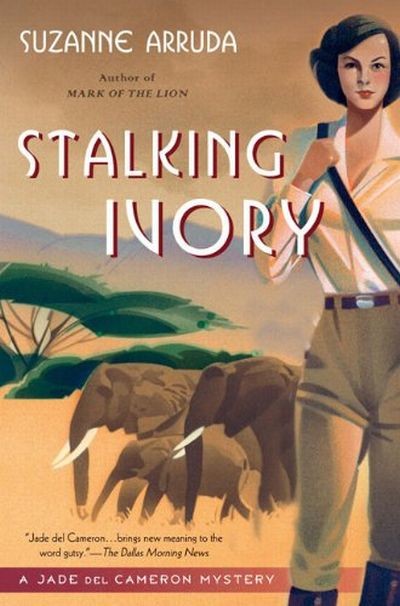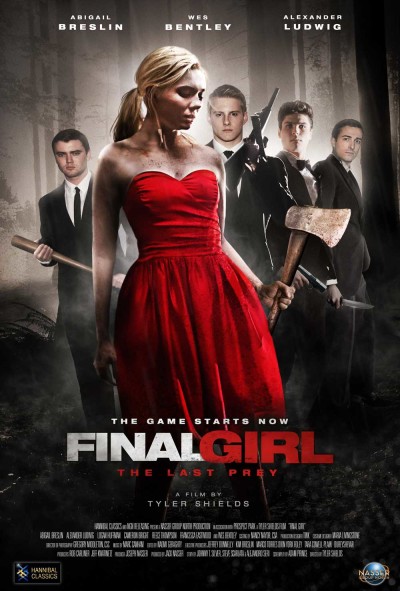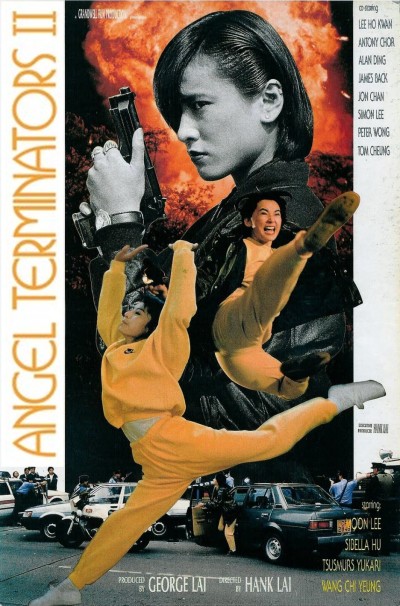★★★
“Beauties and the beasts?”
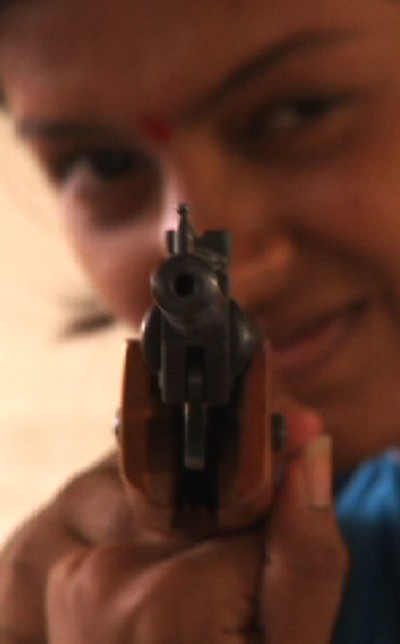 I love the double meaning of the title, which could mean either, “the world in front of her” or “the world of the past”. Both would be appropriate for the this documentary, which focuses on two contradictory and opposite facets of modern Indian culture, though both are redefining the ways in which women are portrayed. On the one hand, you have Ruhi Singh, a participant in the Miss India contest. In India, beauty pageants seem to have an unexpectedly feminist position, in contrast to how they are often seen in the west, as “cattle markets”; it’s pointed out, beauty is one of the few areas in Indian society where women and their opinions are seen as the equals of men. Then there is Prachi Trivedi, a young woman and fervent Hindu nationalist, fighting against exactly that kind of decadent Western culture, training with the Durga Vahini, the woman’s wing of a group that has been described as neo-terrorist in nature, and who protested against Miss World when the contest came to India in 1996.
I love the double meaning of the title, which could mean either, “the world in front of her” or “the world of the past”. Both would be appropriate for the this documentary, which focuses on two contradictory and opposite facets of modern Indian culture, though both are redefining the ways in which women are portrayed. On the one hand, you have Ruhi Singh, a participant in the Miss India contest. In India, beauty pageants seem to have an unexpectedly feminist position, in contrast to how they are often seen in the west, as “cattle markets”; it’s pointed out, beauty is one of the few areas in Indian society where women and their opinions are seen as the equals of men. Then there is Prachi Trivedi, a young woman and fervent Hindu nationalist, fighting against exactly that kind of decadent Western culture, training with the Durga Vahini, the woman’s wing of a group that has been described as neo-terrorist in nature, and who protested against Miss World when the contest came to India in 1996.
The contrast between the two is certainly stark: Singh is elegant, clearly modern in outlook and does not believe foreign culture poses any threat to India. Trivedi, on the other hand, eschews make-up, years for a past unsullied by modern culture, and regards both Christians and Muslims as the enemy [as one training camp attendee puts it, in a thinly-veiled threat, “We have learned to use guns and we’ll use them if we have to. We will kill people if we need to”]. Yet, she rebels against her father’s beliefs that a woman’s first – indeed, sole – duty is marriage and having children, and readily acknowledges the inherent contradiction in being devoted to an organization that is intent on continuing to repress her. The film appears to be saying that the two are not too different in nature, sharing an independent streak – under other circumstances (and, probably, a makeover for Prachi), perhaps could be friends.
However, I’m not sure the film has too much more to say than that. It certainly doesn’t have anything new to add about the beauty pageant aspects, in part because Ruhi is fairly guarded and self-aware of her image, reluctant to commit to too much. This is not an issue for Prachi and her friends, who seem happy to speak candidly, not apparently caring about any potential reaction to soundbites such as, ‘Frankly, I hate Gandhi’. Personally, I found this made her a much more interesting character, compared to the pretty but bland Singh. About the sole startling revelation on this side of the cinematic equation was an almost casual admission that one contestant was almost aborted after her parents found out they were having a girl. Such is the contradiction of contemporary India, a society that in some ways is forging ahead, yet in others remains rooted in the past. The tension between these aspects has the potential to cause enormous issues as the country moves in to the future.
Dir: Nisha Pahuja






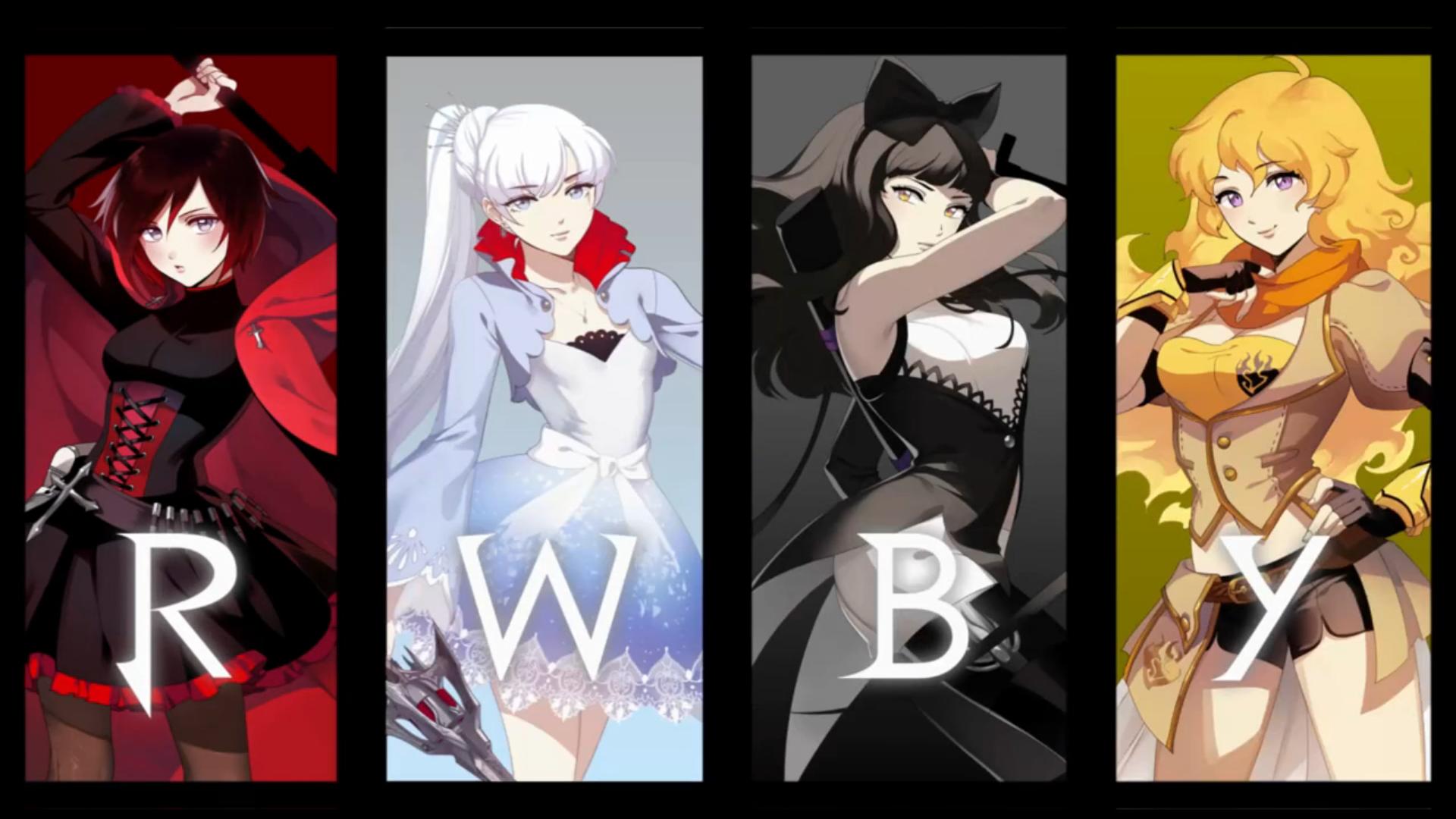
 There are occasionally times where our book reviewer Werner’s “split scale” of grades for both artistic merit and action, would come in handy. This is one of those times. For the action scenes here are as glorious as you would expect from the man behind Dead Fantasy, virtuoso symphonies of exquisite hyper-violence, meted out and absorbed by characters and monsters without fear or bias, in ways limited only – and not very much, at that – by the creator’s imagination. Probably inevitably, this overshadows a fairly perfunctory plot, and characters whose characterization is largely defined by the shade they wear. On a split scale, this would merit five stars for both the quantity and quality of action, but likely three or three and a half for artistic merit.
There are occasionally times where our book reviewer Werner’s “split scale” of grades for both artistic merit and action, would come in handy. This is one of those times. For the action scenes here are as glorious as you would expect from the man behind Dead Fantasy, virtuoso symphonies of exquisite hyper-violence, meted out and absorbed by characters and monsters without fear or bias, in ways limited only – and not very much, at that – by the creator’s imagination. Probably inevitably, this overshadows a fairly perfunctory plot, and characters whose characterization is largely defined by the shade they wear. On a split scale, this would merit five stars for both the quantity and quality of action, but likely three or three and a half for artistic merit.